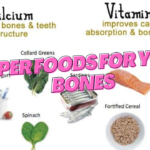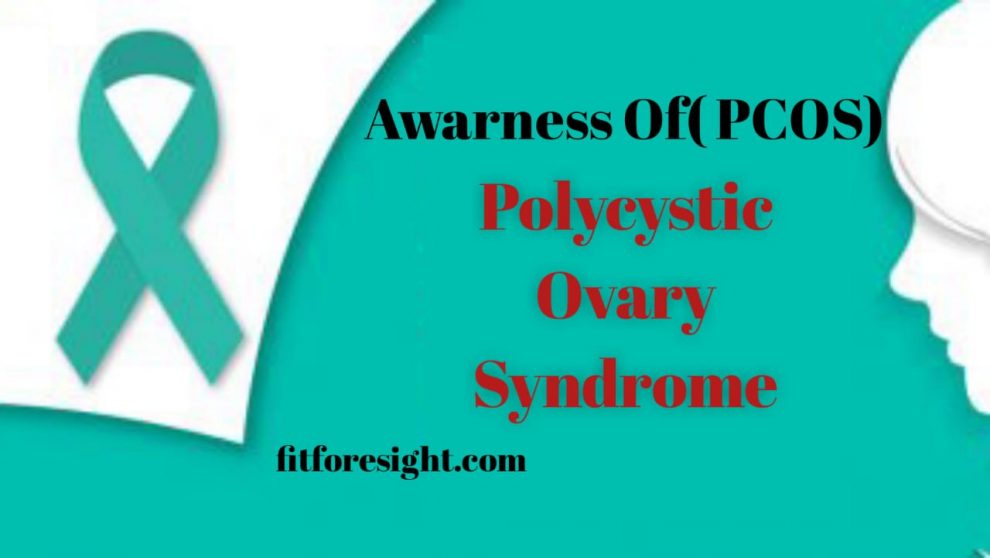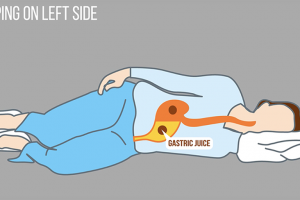Polycystic Ovary Syndrome, commonly known as PCOS, is a prevalent hormonal disorder that affects millions of women worldwide. This condition can be challenging to understand and manage, but with the right information and treatment, many women with PCOS can lead healthy lives and even enhance their fertility. In this comprehensive guide, we will delve into the causes, symptoms, and treatment options for PCOS.PCOS is primarily a hormonal disorder that affects the reproductive system. Although its exact cause is not fully understood, several factors contribute to its development:
- Hormonal Imbalance: Women with PCOS often have higher levels of androgens, male hormones, in their bodies. This hormonal imbalance can lead to irregular menstrual cycles, acne, and excessive hair growth.
- Insulin Resistance: Insulin resistance is another common feature of PCOS. It can lead to an overproduction of insulin, which in turn increases androgen production, exacerbating the hormonal imbalance.
- Genetics: PCOS can run in families, suggesting a genetic predisposition to the condition.
Identifying PCOS Symptoms:
The symptoms of PCOS can vary from person to person and may include:
- Irregular Menstrual Cycles: Women with PCOS often have infrequent, prolonged, or absent menstrual periods.
- Ovulation Issues: PCOS can lead to difficulties in ovulation, affecting fertility.
- Hirsutism: Excessive hair growth in areas where men typically grow hair, such as the face, chest, and back.
- Acne and Oily Skin: Hormonal imbalances can result in skin problems like acne.
- Weight Gain: Many women with PCOS struggle with weight gain and obesity.
- Pelvic Pain: Some may experience pelvic pain, which can be due to cysts on the ovaries.
- Mood Disorders: PCOS is associated with an increased risk of depression and anxiety.
Diagnosing PCOS:
Diagnosing PCOS typically involves a combination of medical history, physical exams, and specific tests. These may include blood tests to measure hormone levels, pelvic ultrasounds to check for ovarian cysts, and a review of your menstrual history.
PCOS Treatment Options:
Treatment for PCOS is tailored to address individual symptoms and goals. Some common approaches include:
- Lifestyle Changes: A healthy diet and regular exercise can help manage weight, reduce insulin resistance, and improve overall well-being.
- Medications: Hormonal birth control can regulate menstrual cycles and control androgen levels. Metformin may be prescribed to address insulin resistance.
- Fertility Treatments: For those trying to conceive, fertility medications like Clomiphene may be recommended.
- Surgery: In some cases, surgery may be necessary to remove ovarian cysts or address other complications.
Managing PCOS Effectively:
Besides medical treatment, lifestyle modifications play a crucial role in managing PCOS:
- Diet: Adopt a balanced diet, rich in whole foods and low in processed sugars and refined carbs.
- Exercise: Regular physical activity helps with weight management and can improve insulin sensitivity.
- Stress Reduction: High-stress levels can worsen PCOS symptoms, so incorporate stress-reduction techniques like meditation or yoga.
- Regular Check-ups: Schedule regular follow-ups with your healthcare provider to monitor your progress and adjust treatment as needed.
PCOS is a complex hormonal disorder that requires personalized care. With the right diagnosis, treatment, and lifestyle adjustments, women with PCOS can successfully manage their symptoms and improve their overall health, including fertility. If you suspect you have PCOS or have been diagnosed, consult with a healthcare professional to develop a comprehensive plan for your specific needs.

























Add Comment